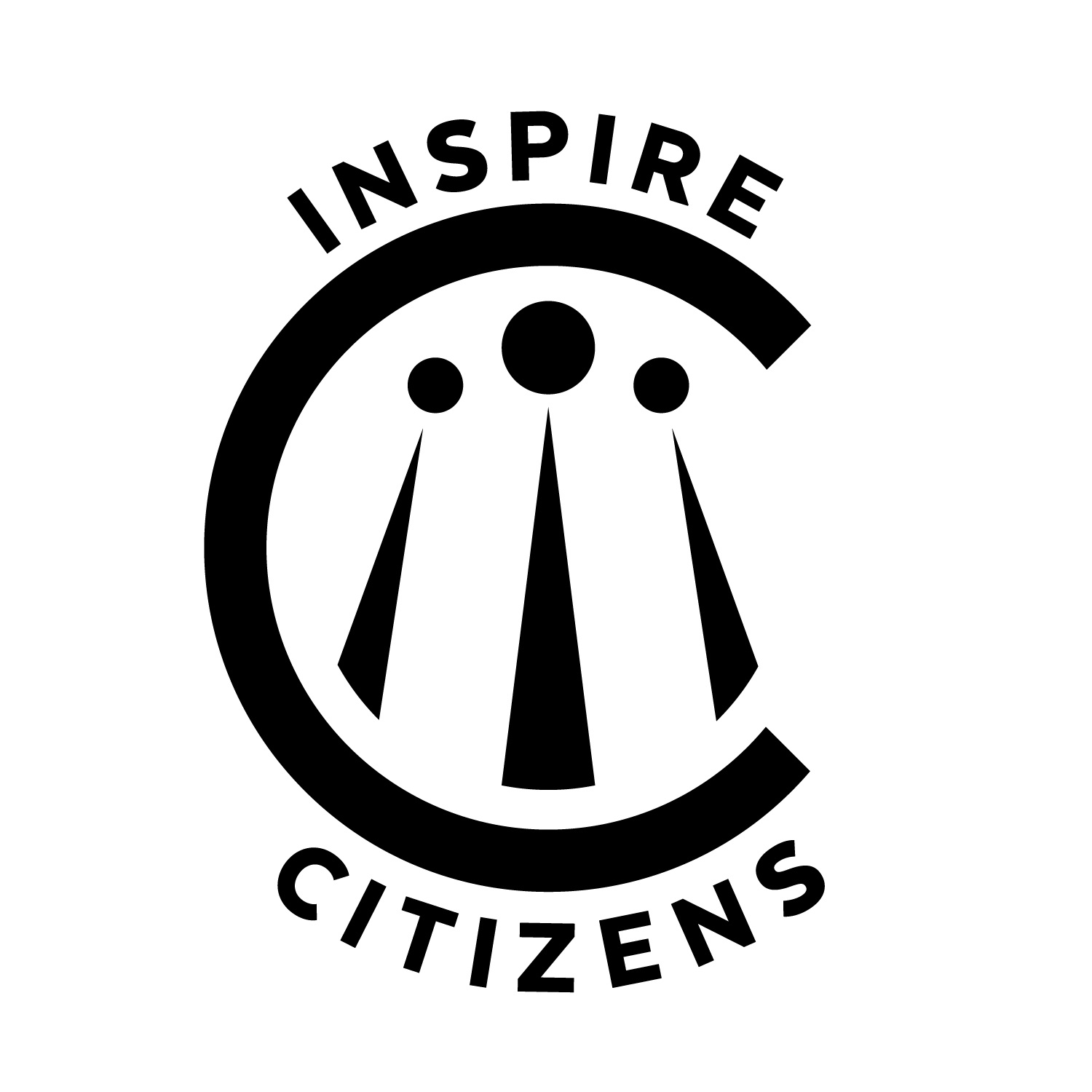Launch an IC Futures Media Member Station
What’s Going on in this Picture?
WHY
Provide your learners with an open space for students everywhere to explore and produce informed media for the critical and compassionate exchange of ideas. Use mentors and a student network of nearly twenty student-centered channels that allow learners to explore and engage with issues, ethics and diverse perspectives alongside humane storytelling, technology integration, journalism, civil discourse and information literacy.
In concert with partnering schools, classrooms, or student journalists, aim to build student-led media labs grounded in the Empathy to Impact design system: Care, Aware, Able, Impact.
Build a media landscape in your environment that helps ICFM learners, producers, and artists interpret global media while also working to publish credible information, capture underrepresented stories and voices, amplify imagination, and take systematic action for sustainable development and equity through the lenses of:
Harmony with Nature
Doughnut Economics
Social Justice
Holistic Wellness
Humane Technology
WHAT
In these images, student directors from WAB FM have taken their first steps in deconstructing recognized ethical journalism organizations, mentor podcasts and producers, tools and resources, and have set forth on identifying shorter and longer term goals for this new MS/HS learning experience. The Padlet above illuminates a few of the inspirational resources and existing tools that were identified in this first session.
HOW
Thinking through the Empathy to Impact teaching and learning system, work with your students on identifying meta-language of your why and your mission. What do you truly care about as a young media organization? Transformative learning and media production for… social justice, diverse storytelling, relevant communication and collaboration skills, sustainable development, agency and voice, humane technology…?
With learners, become more aware of the media landscape to help identify mentor examples of podcasts, producers, interviewers, channels, newspapers, mission statements, videographers, ethical practices, technological pathways that can begin to teach you more about who you may want to be. Who are your mentors and inspirations to learn from? How might you even connect with them directly? Support your students in “learning how to learn.”
Think deeply about what you will need to be able to do to produce excellent and poignant journalism and storytelling: A developing mastery of language arts, technology integration skills, civic literacies, and interdisciplinary knowledge and skills will form a baseline but will also need agility depending on the context and direction of each story or production.
As you outline the goals for your member station’s impact, consider building an internal platform to house productions and publications while sharing your top stories and features with the Inspire Citizens Futures Media network. Importantly, think about your community assets and who your partners could be, who or what in your community could be featured as a story or investigation, and who is ultimately your focus audience.






